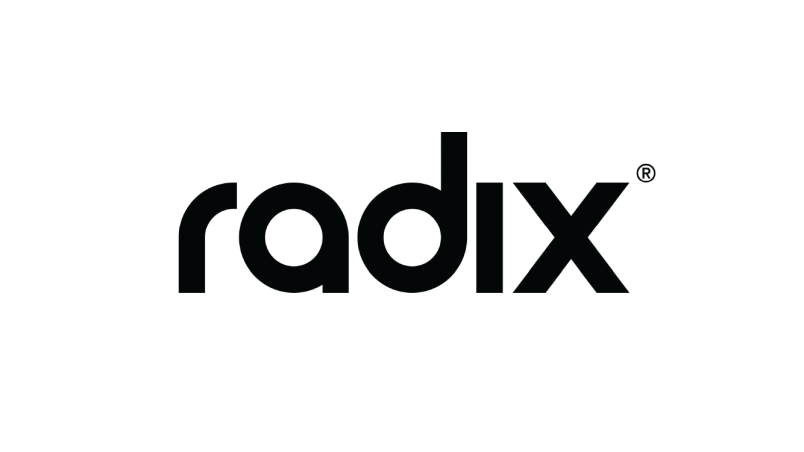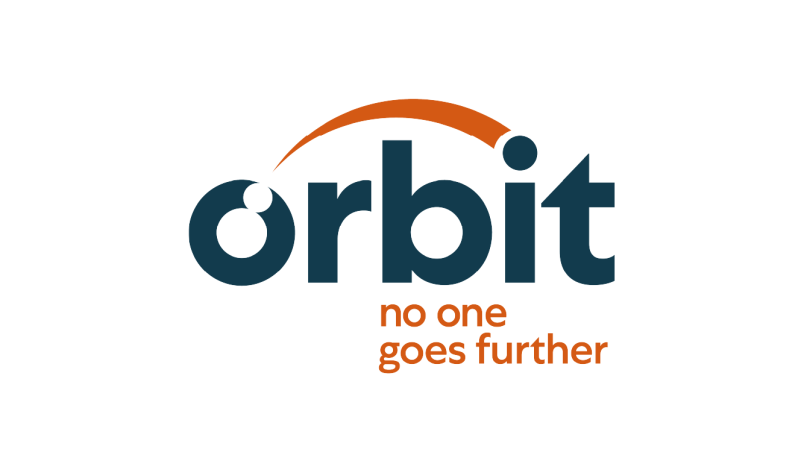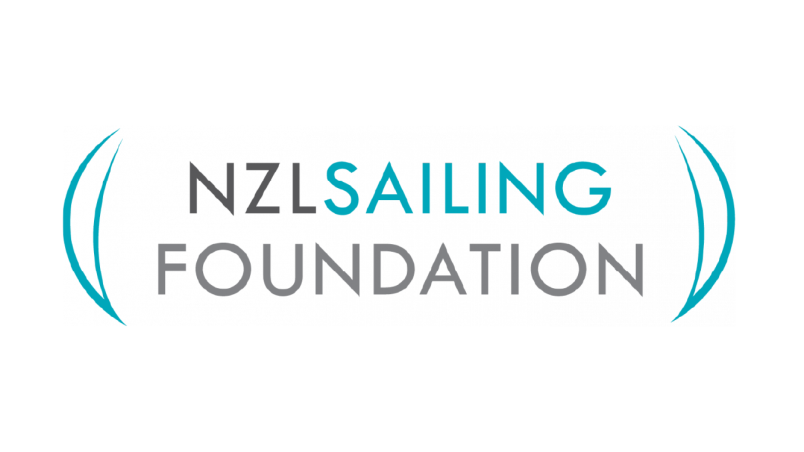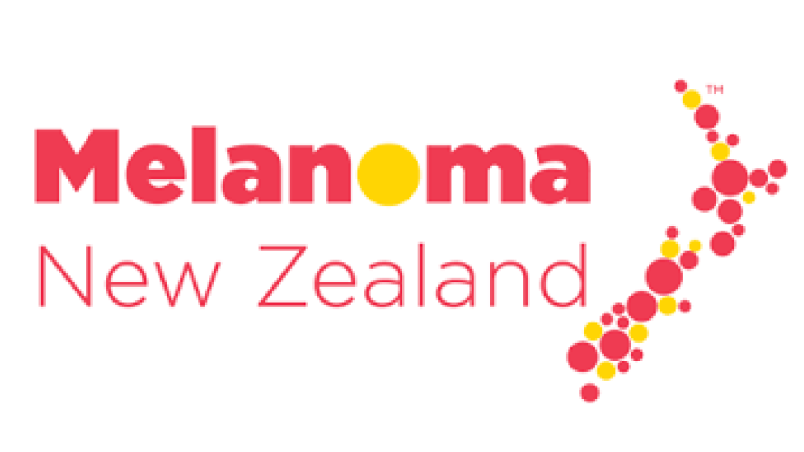Bay of Plenty flooding - public health advice
There was extensive surface flooding across the coastal Bay of Plenty over the weekend. “We can assume that all flood water is potentially contaminated with farm run-off, faecal matter from feral and domestic animals, and, in some cases, sewage,” says Medical Officer of Health, Dr Phil Shoemack. There are potential health risks associated with contaminated flood water and the Medical Officer of Health has provided the following advice to help prevent illness in the community.
Where a home, office, or retail premise has been affected by flood water above floor level all soft furnishings will need to be effectively decontaminated or disposed of. This includes carpets, curtains, furniture, and any other fittings. In some cases thorough cleaning followed by exposure to sunlight will be sufficient, but some furnishings and fittings will have to be thrown out.
If any food was affected by flood water, or fridges or freezers were left without power for more than a couple of hours, this food will need to be thrown out. Any food premises will have to take extra care to ensure everything is decontaminated.
The same problem of contaminated flood waters means that people should avoid all recreational water contact with rivers and harbours or estuaries till later in the week. Shellfish beds throughout the coastal Bay of Plenty will also be affected. Because of the way most shellfish filter their food from the water in which they live they are likely to all carry higher than acceptable levels of microbes, including bacteria and viruses, for some time.
A 2009 study showed that once shellfish in Tauranga Harbour were contaminated with Norovirus it takes up to three months for the shellfish to completely shed the virus. Additionally, there is already a health warning in place against the collection of shellfish throughout the Western Bay of Plenty due to continuing high levels of paralytic shellfish toxins. So anyone deciding to eat locally harvested shellfish is taking a significant risk that they will become ill.
















